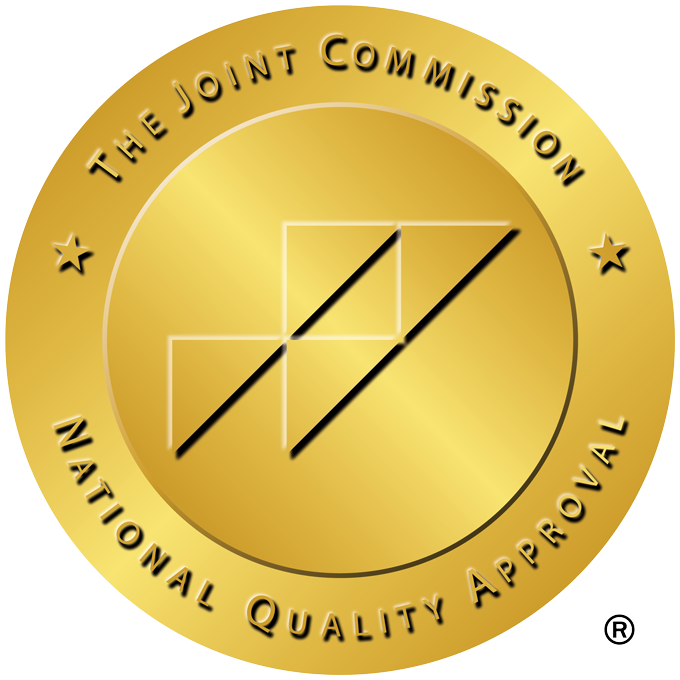Chronic Kidney Disease Program
For most people, kidney damage occurs slowly over many years.
Chronic kidney disease (CKD) is a common, irreversible condition in which your kidneys don't work properly and worsen over time. It can limit your ability to perform day-to-day activities.
There is no cure for CKD, but you can take steps to preserve kidney function and live a productive life. Our nephrologists (kidney specialists) at the nationally recognized Chronic Kidney Disease Program — part of UC San Diego Health's Kidney Care program — are global leaders in providing outstanding care and treatment. We focus on people ages 18 years and older.
Early Screening and Intervention
CKD is a silent disease. You may not have any clear symptoms until the disease is advanced. That's why early screening and detection are so important, along with lifestyle changes to help you stay healthy, slow disease progression and prevent or delay kidney failure or end-stage renal disease (ESRD).
When kidneys are damaged, they can't balance minerals and filter out waste and extra water from your blood as they should. Fluid and toxins can build up in your blood to unhealthy levels over the years, making you ill. Symptoms may include appetite loss, headaches, dry and itchy skin, fatigue, headaches, muscle cramps, nausea and vomiting, sleeping problems, urination issues and weight loss.
Kidney disease can lead to other complications such as anemia, blood vessel disease, diabetes, heart disease, a weakened immune system and malnutrition.
There are five stages of chronic kidney disease. In stage 5, kidneys fail and patients need dialysis or a kidney transplant for survival.
Routine Early Screenings for CKD
Blood and urine tests are typically the best way to determine how well your kidneys are working. Such routine tests during an annual physical or a doctor's visit for other problems can help in diagnosing CKD.
We recommend early routine screenings for those who are at increased risk for developing CKD. This includes people who:
- Have hypertension
- Have diabetes
- Have cardiovascular disease
- Have a personal history of cancer or use of medications that damage kidneys
- Have a family history of chronic kidney diseases
- Are African American, American Indian, Alaskan Native or Hispanic. These groups have a higher rate of diabetes and high blood pressure and, therefore, an increased risk of developing kidney failure.
Note: Routine screening is not advised for those who are under 50 and considered to be at low risk for CKD.
Diagnosing Chronic Kidney Disease
Your doctor will take your medical history, conduct a physical exam, check your blood pressure and ask about your physical activity, medications and any symptoms.
We use two simple tests to check kidney function and detect signs of CKD:
- A urine test to check for protein, which can signal kidney disease. This test has other names, including proteinuria, urine albumin-to-creatinine ratio, microalbuminuria and macroalbuminuria.
- A blood test to check your glomerular filtration rate (GFR). This test measures how efficiently your kidneys filter blood. It's used to determine the stage of kidney disease. GFR is based on several factors, including your age, gender, ethnicity, height, weight and the amount of creatinine (a waste product) found in your blood. The lower the GFR, the more severe the disease.
We may also do diagnostic imaging tests, such as CT scans, to look for any structural problems with your kidneys. The results of your examination and testing will help your doctor make an accurate diagnosis.
Tailored Treatment Plans for CKD
There is no cure for chronic kidney disease, but there are treatment and preventive strategies to slow the progression of kidney damage, usually by controlling the cause.
We want to help you better manage CKD. If needed, we streamline the transition to dialysis or kidney transplant. Our team promotes a holistic approach that embraces both conventional and alternative therapies.
Treating chronic kidney disease is a complex process, often requiring skilled management of complications and coinciding conditions, such as diabetes or high blood pressure, which damage your kidneys over time. So a healthy lifestyle is important to prevent kidney disease progression.
Your experienced care team includes physicians, pharmacists, dietitians, case managers and social workers. We also coordinate with experts in other UC San Diego Health specialties to provide care across the entire kidney disease spectrum.
Your nephrologist will personalize a treatment plan for you, which may involve:
- Medications to help slow CKD progression
- Review of all your other medications to ensure they aren't harmful to your kidneys
- Lifestyle and dietary changes, including regular exercise, stopping smoking and weight management
- Patient education classes and wellness programs
- Psychosocial support for dealing with a chronic illness
- Referrals for vascular surgery, dialysis, kidney transplant or other specialties, if needed
- Managing other health conditions to slow the progression of CKD, including:
- Diabetes: Controlling blood glucose is critical for people with diabetes and chronic kidney disease. UC San Diego Health's Diabetes Self-Management Clinic offers classes that can help you.
- Hypertension: High blood pressure (hypertension) can damage the blood vessels inside the kidneys, hindering their ability to function. Medications and frequent blood pressure monitoring can be helpful. We provide blood pressure monitors and cuffs to patients who cannot afford them and the training on how and when to use them.
Nationally Recognized Kidney Care
From diagnosis to disease management, rest assured that we follow evidence-based guidelines defined by the National Kidney Foundation to provide the best care possible.
The Joint Commission - Advanced Chronic Kidney Disease Certification
Our program received the nation's only chronic kidney disease certificate of distinction from The Joint Commission, an independent, not-for-profit organization and the nation's leading standards-setting and accrediting body in health care.
Its gold seal of approval, received in 2010, means you can be confident that UC San Diego Health follows the highest national standards for safety and quality of care and is committed to continually improving patient care.
